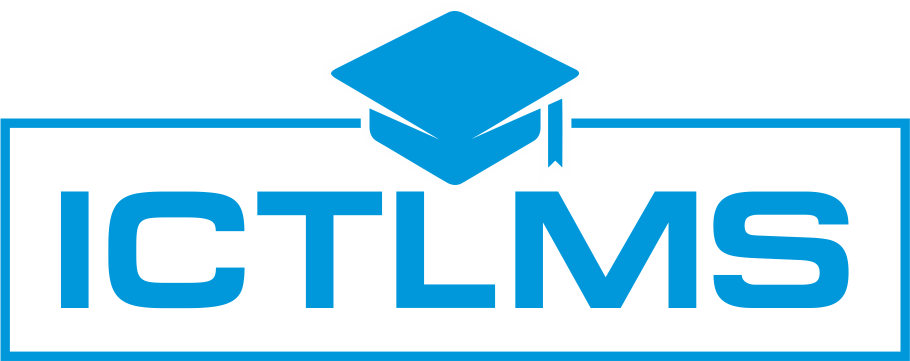A learning management system (LMS) is a software application that helps organizations deliver, track, and manage training content and activities. LMSs are used by businesses, educational institutions, and government agencies to provide training to employees, students, and citizens.
LMSs offer a number of benefits over traditional training methods, such as instructor-led training (ILT). LMSs are more scalable, allowing organizations to train a large number of people at the same time. They are also more flexible, allowing learners to access training content on their own time and at their own pace.
In addition, LMSs can track learner progress and provide feedback, which helps to ensure that learners are mastering the material. LMSs can also be used to deliver assessments, which helps to measure learner learning outcomes.
Types of LMSs
There are two main types of LMSs: cloud-based and on-premises. Cloud-based LMSs are hosted by a third-party provider and accessed over the Internet. On-premises LMSs are installed on the organization’s own servers.
Cloud-based LMSs are more scalable and easier to manage than on-premises LMSs. However, they can be more expensive and may not offer the same level of customization. On-premises LMSs are more customizable, but they can be more difficult to manage and scale.
Choosing an LMS
There are a number of factors to consider when choosing an LMS, including:
- The size of your organization
- The type of training you need to deliver
- The features you need
- Your budget
Once you have considered these factors, you can start to narrow down your choices. You can read online reviews, compare features, and request demos from different vendors.
Benefits of Using an LMS
There are many benefits to using an LMS, including:
- Increased scalability: LMSs can be scaled to accommodate a large number of learners.
- Increased flexibility: Learners can access training content on their own time and at their own pace.
- Improved tracking: LMSs can track learner progress and provide feedback.
- Enhanced assessment: LMSs can be used to deliver assessments, which helps to measure learner learning outcomes.
- Reduced costs: LMSs can help to reduce the cost of training.
Conclusion
Learning management systems are essential for delivering effective online learning. They provide a centralized platform for storing and delivering content, tracking learner progress, and managing assessments. If you are looking for a way to improve your organization’s training, an LMS is a great option.
